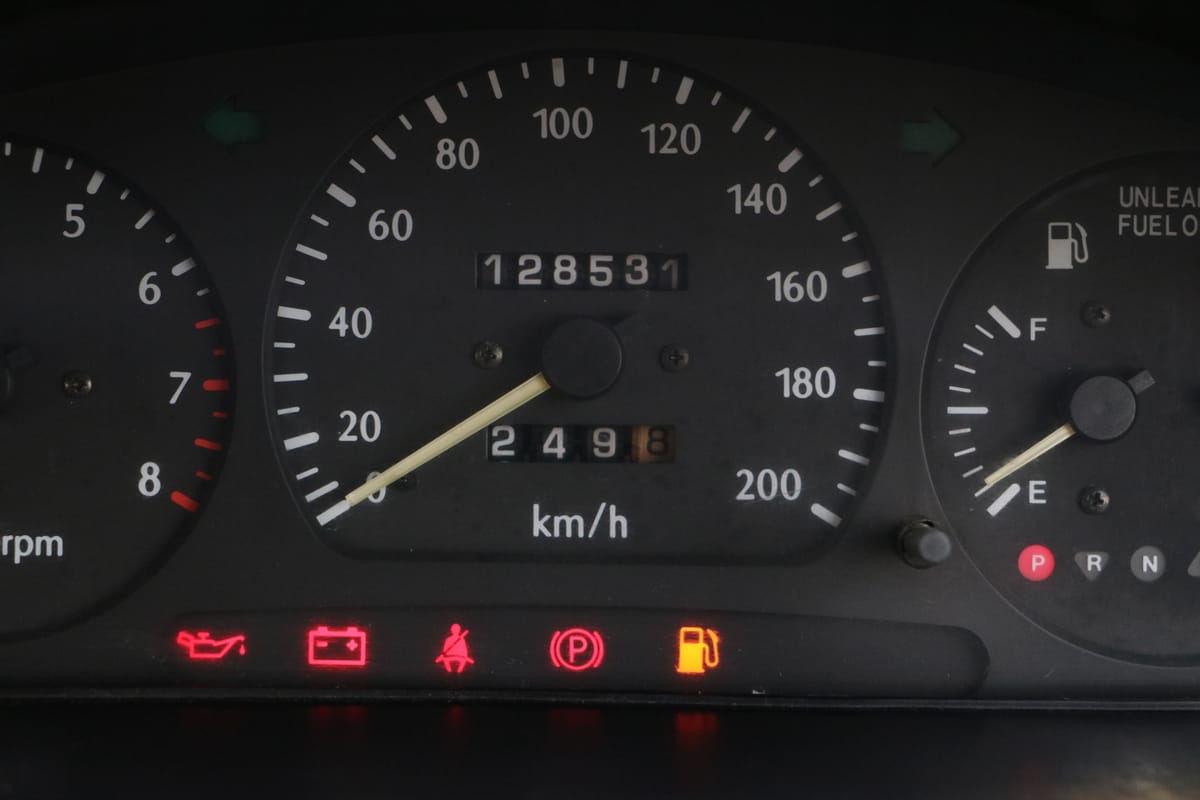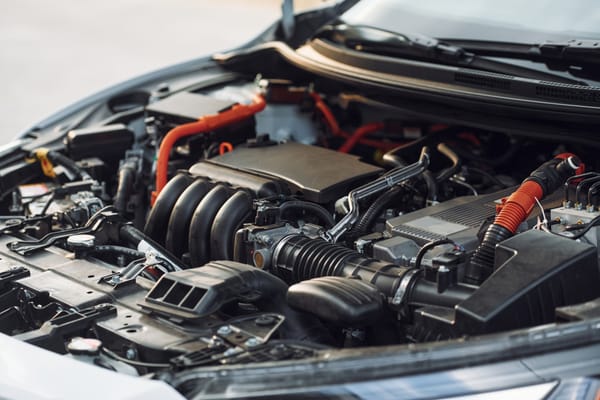Mileage Fraud in Kenya: How to Spot It and Protect Yourself When Buying a Used Car

Buying a used car in Kenya? You’re not alone. Thousands of Kenyans search for affordable, foreign-used or locally owned cars every month. But there’s one silent scam that continues to rob unsuspecting buyers - mileage fraud.
Also known as odometer tampering or “clocking,” this shady practice makes a car look newer than it actually is. You’ll hear lines like:
“Ah, hii gari haijatembea. Ni ya shosh, church tu every Sunday.”
Sometimes it’s true. But sometimes it’s a calculated lie designed to trick you into overpaying for a worn-out car.
Here’s what you need to know about mileage fraud in Kenya - and how to protect yourself from buying a lemon and not a peach.
What Is Mileage Fraud?
Mileage fraud happens when a seller rolls back the odometer to make the car seem less used. A lower mileage reading increases the perceived value and lets the seller charge more.
It’s a silent scam - and if you’re not careful, it can cost you tens of thousands of shillings, unexpected repairs, and your safety on the road.
The Real Risks of Falling for Mileage Fraud
Mileage isn’t just a number - it’s the single most trusted indicator of a car’s condition. And when it’s falsified, you lose in more ways than one:
- You overpay: A tampered odometer can inflate a car’s price far beyond its true value.
- Surprise repairs: A high-mileage car needs more maintenance. If it’s disguised as “low-mileage,” you won’t plan for it.
- Safety hazards: Missed maintenance tied to real mileage (like brake checks or timing belt replacements) could put you and your passengers at risk.
- Resale drama: If the next buyer discovers the tampering, you could be stuck - or even face legal issues.
Why Mileage Fraud Happens in Kenya
Kenya’s used car market is booming, especially with foreign-used imports from Japan. Over 70,000 used vehicles hit Kenyan roads every year, and most buyers are hunting for “low-mileage” deals. That demand creates room for dishonest tactics.
Here’s why mileage fraud is still common:
- Weak enforcement: Odometer tampering is illegal, but not strictly policed.
- High turnover: Used cars often change hands multiple times, making it hard to track history.
- Low mileage = higher price: Sellers know buyers are willing to pay more for a “clean, low-mileage” vehicle.
- Limited access to history: Many buyers don’t know how to verify a car’s mileage or don’t bother.
And in the digital age, online car listings and informal dealers can mask a lot of shady activity behind polished photos and sweet-talking sales pitches.
How to Protect Yourself from Mileage Fraud
Don’t let the numbers fool you. Use this checklist to sniff out and avoid odometer scams:
1. Ask for a Documented Service History
Legit sellers should show service and maintenance records.
- Check that mileage is logged at each service date.
- Look out for suspicious gaps or inconsistencies.
- Compare mileage in import paperwork, logbooks, and inspection reports.
If they "lost the records,” walk away - or proceed with caution.
2. Inspect the Car’s Physical Condition
You can learn a lot by simply looking:
Worn-out pedals or floor matsFaded upholstery or sagging driver’s seat.
Tired tires with date codes not matching the mileage
If the car claims 50,000 km but feels like 150,000 km - you’re probably being played.
3. Get a Professional Inspection
Don’t trust your instincts alone - trust a pro.
- Hire a mechanic you trust
- Get a multi-point inspection report
- Ask if the wear and tear matches the stated mileage
Platforms like Peach Cars provide professional inspections and verified reports - saving you the hustle and uncertainty.
4. Buy from Transparent Sellers and Platforms
- Avoid roadside “deals” and dealers who can’t explain the car’s history.
- Choose platforms that offer mileage verification, import records, and inspection transparency.
If the deal feels rushed, shady, or “too good to be true,” it probably is.
How Peach Cars Protects You from Mileage Fraud
At Peach Cars, we’re committed to clean, honest, and secure car buying in Kenya. Here's how we keep you protected:
Verified Vehicle Histories
Every listing includes documentation that confirms mileage, service records, and import data. No guesswork, no surprises.
288-Point Inspections
Our expert team inspects everything - from engine condition to wear patterns - catching red flags that indicate possible tampering.
Transparent Pricing
We price cars based on real, verified condition - not just what the odometer says. That means fair deals backed by data.
Secure Transactions
Our fraud prevention protocols and escrow system make sure your money - and your trust - is never misplaced.
Expert Support
Need help deciding? Our automotive experts are on call to guide you through the process, from viewing to VROOM.
Don’t Let a Fake Number Cost You Real Money
Mileage fraud is real - but it’s also avoidable. All it takes is a bit of diligence, professional help, and a platform that puts transparency first.
Ready to buy or sell a car with confidence?• Explore verified listings• Connect with trusted sellers• Secure your transaction the smart way
Visit PeachCars.co.ke today and experience peace of mind with every purchase.




